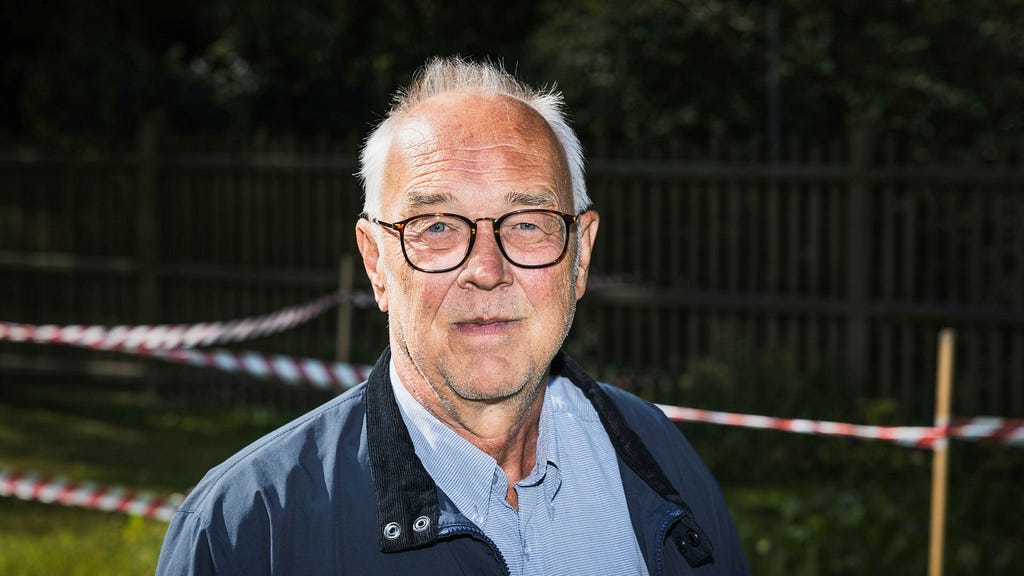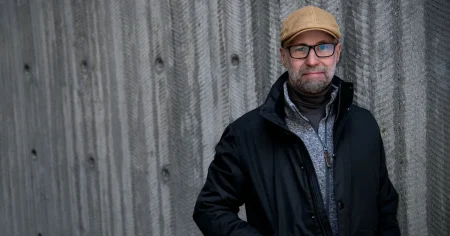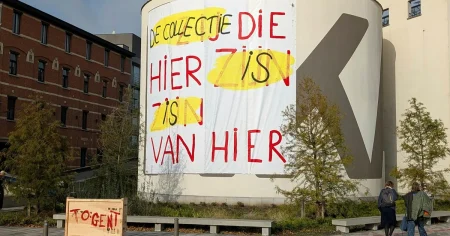The ”piece murder” case, a 40-year-old legal battle surrounding the death of Catrine da Costa, continues to resurface in the public consciousness. Despite the moniker, it has never been conclusively established that da Costa was murdered. Renewed interest has been sparked by new documentaries, books, news reports on the doctors’ ongoing attempts to regain their medical licenses, further judicial reviews, the uncovering of new information, conspiracy theories, and intense media scrutiny directed towards the two accused doctors. This case differs from other high-profile cases, such as the Thomas Quick affair, in a crucial aspect: despite being acquitted of murder, the doctors were deemed in the court’s reasoning to have dismembered da Costa, a crime that was, at the time, past the statute of limitations. They were deemed “guilty” without the possibility of appealing the decision, as acquittals and their accompanying reasoning cannot be challenged in a higher court.
Dan Josefsson and Johannes Hallbom, in their SVT documentary ”The Swedish Piece Murder,” examine the perceived miscarriage of justice against Teet Härm and Thomas Allgén. Their analysis is comprehensive and compelling, raising the question of what happens next. There is a significant risk that the public debate will once again fade away, leaving the core issues unresolved. Cases like this, involving alleged miscarriages of justice against individuals or groups, fester beneath the surface, causing lifelong suffering for those involved and eroding public trust in the legal system. This erosion, akin to rot within the structural beams of a house, weakens the foundation of the rule of law. Genuine resolution often requires governmental intervention and acknowledgement of responsibility, a process that can unfortunately take generations of political turnover.
The case draws parallels to other historical injustices in Sweden, such as the illegal activities of the Information Bureau (IB), which engaged in opinion registration, break-ins, espionage, and provocations, targeting social democratic governments during election cycles. It was only through the thorough investigation conducted by the Security Service Commission that the IB affair could finally be laid to rest, albeit as a shameful chapter in Swedish history. Similarly, the forced sterilizations and the mistreatment of children in orphanages serve as further examples of systemic failures that required significant time and effort to acknowledge and address. The da Costa case, with its enduring controversy, threatens to join these ranks unless decisive action is taken.
For the two doctors at the heart of the da Costa case, potential avenues for redress exist. Their delegitimization within the medical profession could be overturned through a civil lawsuit. Alternatively, the government could grant them ex gratia compensation – a payment made as an act of grace – for the damages inflicted by the state, similar to the case of Kevin, where two brothers were wrongly accused of murder. Justice Minister Gunnar Strömmer, however, has stated that ex gratia payments are exceedingly rare and that he currently lacks sufficient information to assess the circumstances of the da Costa case. This reluctance underscores the need for proactive investigation and a commitment to uncovering the truth, regardless of the outcome.
The call for an independent commission, similar to the Bergwall Commission in the Quick case, is gaining momentum. Such a commission, led by a respected legal scholar or jurist, would meticulously examine the actions of the judiciary, government bodies, regulatory agencies, and expose any shortcomings in laws and regulations. Alternatively, the government could entrust the Justice Chancellor (JK) with this task. The commission, operating under the principles of objectivity, impartiality, and transparency mandated by the Swedish constitution, could provide a much-needed avenue for achieving some form of closure in this protracted and contentious case. This approach would not only address the specific grievances of the accused doctors but also strengthen public faith in the integrity and accountability of the Swedish legal system.
The importance of such a commission lies in its potential to thoroughly and impartially investigate the complex web of circumstances surrounding the da Costa case. It could delve into the original investigation, the media coverage, the subsequent legal challenges, and the enduring impact on the lives of those involved. By operating under the principles of transparency and accountability, the commission could provide a comprehensive and credible account of the events, offering a pathway towards reconciliation and a renewed sense of trust in the justice system. The pursuit of truth and justice demands a commitment to uncovering all relevant facts and addressing any systemic failures that may have contributed to this enduring controversy.














